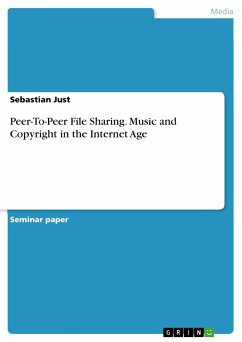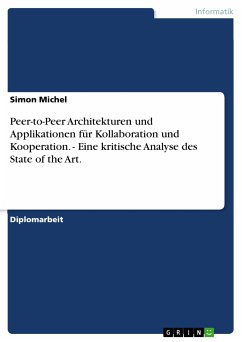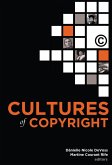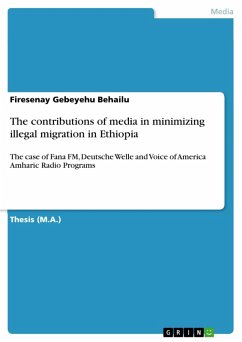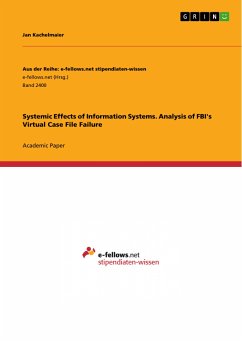Seminar paper from the year 2020 in the subject Communications - Multimedia, Internet, New Technologies, grade: 2,3, Humboldt-University of Berlin (Institut für Musikwissenschaft und Medienwissenschaft), language: English, abstract: The objective of this paper is to take a closer look at the development and behavior of Peer-to-Peer based file sharing networks while especially considering intellectual property law to assess the impact this disruptive technology had on the music industry. To do that this paper will first look at the shift from analogue to digital audio, which entailed significant changes for both the music industry and the consumer. Then it will focus on the first real Peer-to-Peer file sharing network "Napster", especially on why it came into being, how it worked and to what extend it interfered with copyright law. Afterwards it takes the period after "Napster's" shutdown in 2001 in consideration, in which various new Peer-to-Peer networks even more copyright-resistant emerged. It will be examined how these networks functioned compared to their predecessor, how the music industry and the state tried to take on these "digital enemies" and how Peer-to-Peer affected the music business. Eventually we will take a look at how the industry managed to adapt to the internet, treating it as a profitable platform rather than a dystopian technology. On the 3rd of April 1993, the World Wide Web was made available to the public. By connecting people all over the world, this technological milestone initiated drastic changes to how we are able to consume visual and acoustical entertainment. In 1999, the first ever file sharing network called "Napster" launched and illicitly enabled users to exchange copyrighted music for free. This was accomplished by using a peer-to-peer system, which takes advantage of the vast availability of the internet and the resultant high number of "peers". Users register to the network and declare which files from their computer they are willing to share, enabling others to download the files directly from them rather than through a central sever. This sort of file transfer posed a challenge for the music industry, as their music was made publicly available with no one paying for it. In addition, Peer-to-Peer systems conflicted with the idea of intellectual property, which grants an author certain rights over his or her work in form of a copyright.
Dieser Download kann aus rechtlichen Gründen nur mit Rechnungsadresse in A, B, BG, CY, CZ, D, DK, EW, E, FIN, F, GR, HR, H, IRL, I, LT, L, LR, M, NL, PL, P, R, S, SLO, SK ausgeliefert werden.

